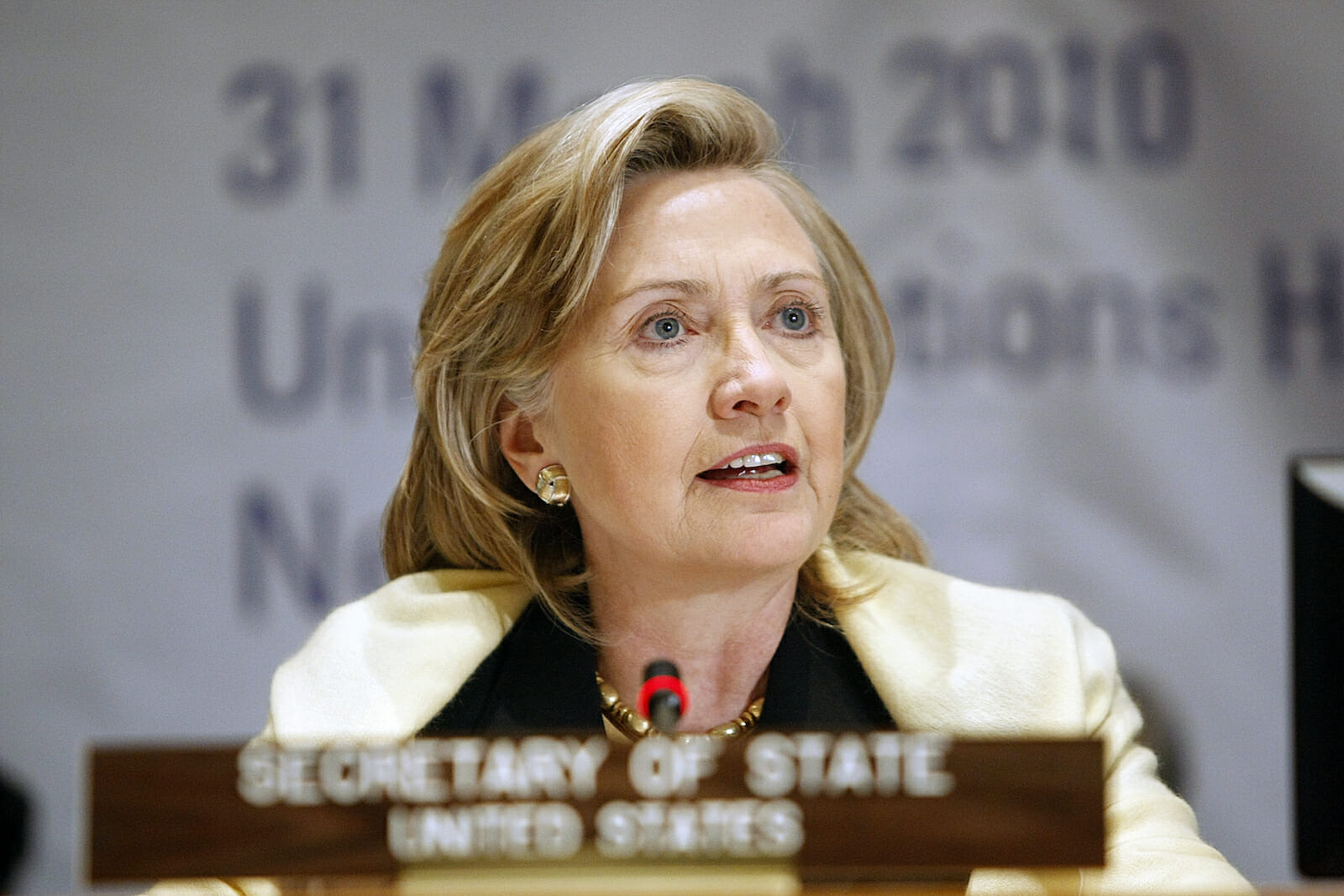
Beirut to Benghazi: We Didn’t Learn a Lesson
We could have learned a lesson from the thirty-six terrorist attacks against Americans in Lebanon in the early 1980s. The U.S. Embassy in Beirut was bombed in April 1983, killing 63 people. In October truck bombs struck two barracks housing a U.S.-led peacekeeping force in which over 200 American soldiers were killed. In December a truck filled with explosives rammed into the three-story wing of the U.S. Embassy in Kuwait City, killing five people. As a result of these attacks, an Advisory Panel on Overseas Security was formed. The resulting Inman Commission Report (Admiral Bobby Inman) in 1985 recommended a number of security measures at our overseas posts including proper setbacks, structural upgrades, and new construction of at-risk missions. The study further called for the formation of the Diplomatic Security Service (DS) to oversee security protection aspects at all overseas operations.
In 1996 Ambassador Prudence Bushnell sent cables to the State Department regarding terrorist threats and the lack of proper security at the U.S. Embassy in Nairobi, Kenya. A security team was sent to inspect the embassy and reported that it met the standards for a medium-threat facility. In early 1998 General Anthony Zinni visited the embassy and reported that there were significant risks, making it an easy target for terrorists. The U.S. Embassy in Dar es Salaam, Tanzania was no better protected from potential terrorist attacks.
On August 7, 1998 both of the embassies were attacked by trucks laden with explosives, resulting in the tragic loss of 224 lives. The U.S. did not heed the warnings, nor did intelligence sources believe that sub-Saharan Africa had a well-organized al-Qaeda network.
The al-Qaeda terrorists were so sure that the U.S. was unprepared, that they were able to destroy both embassies on the same day. The attacks could have been prevented had the Inman report recommendations been instituted, but the cavalier bureaucrats at the State Department failed to undertake the necessary security measures at the embassies.
Security to protect our overseas operations should have been the main focus, instead of just spending capital to chase terrorists that had gone underground. In retaliation for the two 1998 embassy bombings, the Al-Shifa pharmaceutical plant in Khartoum, Sudan was destroyed by a missile attack. The U.S. alleged that the plant processed VX nerve agents, but experts said it produced only drugs and medicines for the thousands of destitute Sudanese people, who had already suffered from years of civil strife.
For every terrorist that the U.S. attempts to kill, we add collateral damage by killing many innocent civilians, which further alienates the U.S. in Muslim countries. We ceased diplomatic relations by closing the U.S. embassies in Sudan, Somalia, and Comoros, where we also lost critical intelligence information in East Africa. Upgrades at many embassies had been put off, including my post in Mauritius where basic aspects such as bomb blast film protection for the windows, and the need for a diplomatic security officer were lacking. We should not be surprised that the U.S. consulate compound in Benghazi, Libya was no better prepared to protect our diplomats.
If the world feared Osama bin Laden, the outfall from the Arab Spring unleashed suppressed Salafist and Wahhabist imams to spread their radical messages. In Libya, Islamists united with Ansar al-Sharia an ultraconservative Salafist movement. Inflicting their new brand of terrorism the Islamists were bent on instituting strict Islamic law into the governing process. Islamist factions are attempting to take control of several North African and Middle East countries. Syria and Yemen are currently under siege by al-Qaeda affiliates taking advantage of the destabilization in these war-torn countries.
I was in Mali on that fateful day in September, returning from a visit to refugee camps in Burkina Faso. Government leaders noted that the Ansar Dine Islamists in northern Mali had become affiliated with Al-Qaeda in the Islamic Maghreb (AQIM) which had tentacles all across the Sahel region and into Libya. The attacks in Benghazi had the signs of AQIM’s involvement, many of whom had trained in Libya with militias that brought down Col. Muammar Gaddafi. The powerful militia group that evolved was Ansar al-Sharia. There had been chatter as far back as August 2012 that attacks were imminent against Americans.
We should have been forewarned by the attacks that took place in Benghazi against a UN Special Envoy, the International Red Cross, an assassination attempt on the British ambassador, the storming of the Tunisian consulate, and an explosive device that detonated at the U.S. consulate in June 2012, severely damaging the perimeter wall. The February 17 Martyrs Brigade, which had ties to al-Qaeda, was hired to protect the U.S. consulate compound. Reportedly, brigade members had been forewarned in August of a possible attack by Ansar al-Sharia, ultimately the perpetrators. Security measures should have been instituted since the weak Libyan government could not control the well-armed Islamists, to help protect the compound.
The White House and the State Department share in the responsibility for the disastrous outcome, by not protecting our diplomatic troops. Within seconds of the attack classified cables would have reached the State Department’s “seventh floor” where the Secretary of State and top aides have their offices. The alert cables would have also reached the White House, Department of Defense, National Security Agency, and at least twenty other bureaus.
In the President’s Letter of Instructions to ambassadors, the Secretary of State is responsible for the overall coordination and supervision of all U.S. government activities and operations abroad. The Secretary of State “must protect all United States Government personnel on official duty abroad” the letter notes. The primary responsibility was to manage and oversee that security measures were in place at the U.S. consulate in Benghazi, especially since al-Qaeda affiliates had infiltrated Libya. General Carter Hamm’s warnings in early 2012 were also not adhered to. As a result, four Americans died needlessly. Our overseas operations are our eyes and ears—our first line of defense–and must be protected.
The Senate Intelligence Committee last week validated what the world already knew—that the September 2012 attacks on the U.S. diplomatic mission in Benghazi were preventable. The report clearly shows that the State Department violated its most important covenant–the protection of our diplomatic personnel. Disguising the disastrous attacks by Islamist extremists was a political decision, a disservice to all Americans.

